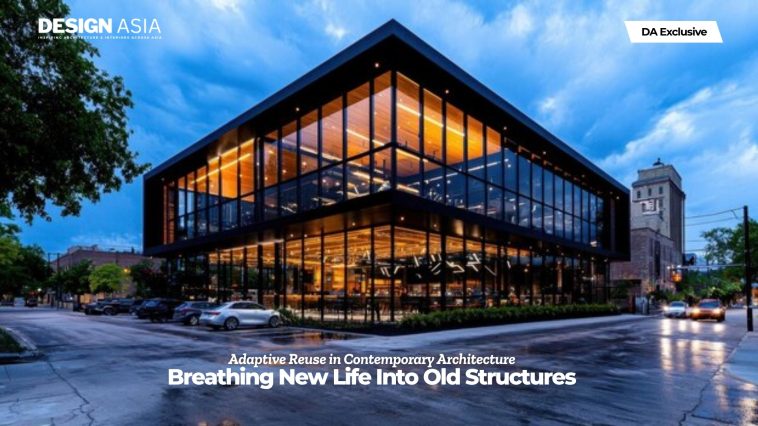In a rapidly urbanizing world, adaptive reuse has emerged as one of the most innovative and sustainable approaches in contemporary architecture. Rather than demolishing old buildings, architects are choosing to repurpose and transform them, preserving heritage while meeting modern needs. This trend isn’t just a response to environmental consciousness—it’s also a creative endeavor that celebrates our built history.
Why Adaptive Reuse?
Adaptive reuse allows cities to retain their cultural and architectural fabric. By converting disused factories, mills, or heritage homes into museums, offices, or community spaces, architects reduce construction waste, save energy, and foster a unique blend of old and new aesthetics. Iconic examples include the transformation of historic paper mills into world-class museums and the revitalization of forgotten urban spaces into vibrant cultural hubs.
Key Benefits
- Sustainability: Reduces waste, lowers carbon footprint, and conserves resources.
- Cultural Preservation: Maintains historical identity in a modern context.
- Community Revitalization: Revives underutilized spaces, sparking economic and social activity.
Notable Projects
ArchitectPlusInterior often covers significant adaptive reuse projects, highlighting how bold creativity and thoughtful planning can result in spectacular outcomes for both public and private spaces. For instance:
- Transformation of Historic Paper Mill into Nikola Tesla Museum – A stunning example of heritage reinvented for a new era.
- Industrial Chic Venues: Factories reborn as art-and-wine destinations or dynamic offices.
Challenges and Opportunities
While adaptive reuse comes with its share of design challenges—like updating old structures to meet safety codes or integrating modern utilities—it offers the opportunity to tell a richer story through architecture, blending different eras and philosophies.
The growing focus on adaptive reuse is shaping the future of architecture, turning yesterday’s relics into tomorrow’s landmarks. By embracing this philosophy, architects are crafting spaces that are at once sustainable, functional, and deeply meaningful.


